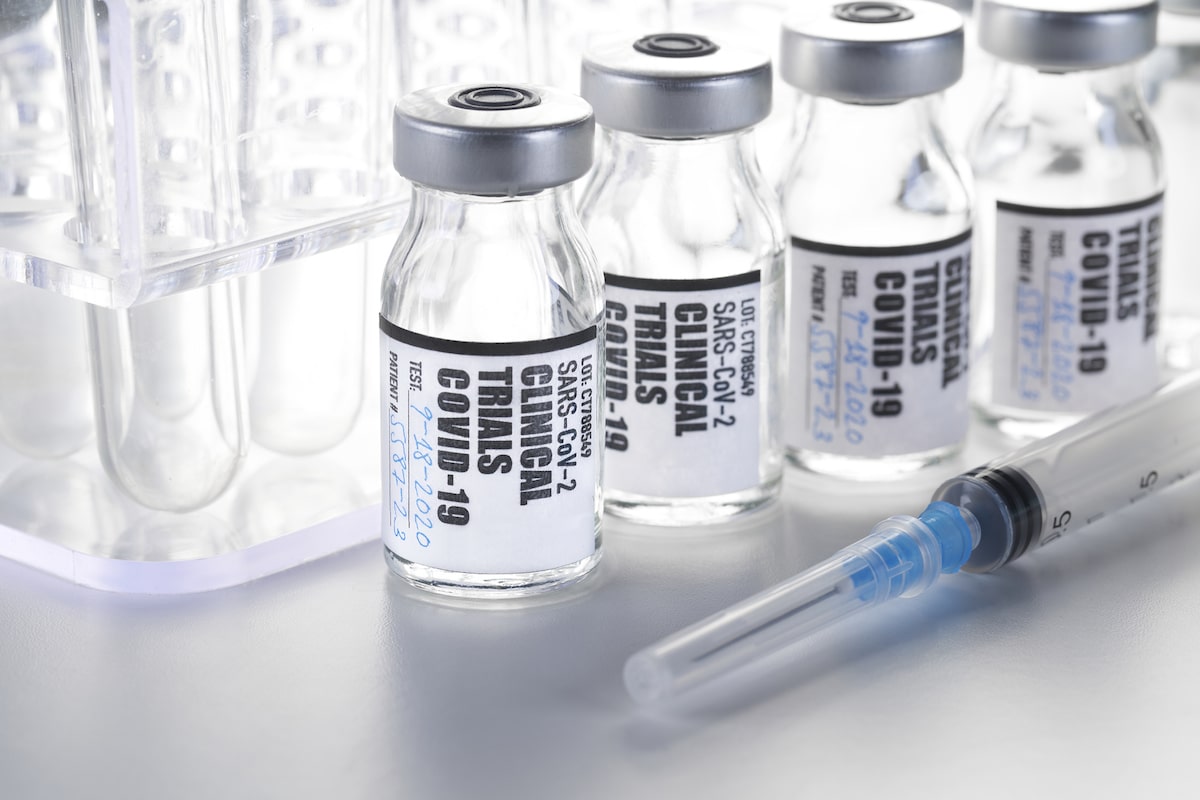<< Back
Pfizer’s Vaccine on the Way as Connecticut Rewarded by ‘Common-Sense Precautions’

July 22, 2020
Vigilance is the key word President and CEO Jeff Flaks uses when describing how Hartford HealthCare – and people across Connecticut – will get through the ongoing COVID-19 pandemic.
After pharmaceutical giant Pfizer’s announcement early Wednesday that the United States has agreed to pay $1.95 billion for 100 million doses of an experimental vaccine against the lethal virus currently reclosing parts of the country, Flaks continued to urge people in the area to “be attentive to (personal) vigilance.” That, he said, means continuing to social distance, practice hand hygiene and wear masks in public, tactics he said have worked well in the state. All Hartford HealthCare hospitals, surgery centers, primary care offices, health centers and other facilities have adopted extra precautions to ensure the ongoing safety of patients and staff.
“With our safety protocols in place, we have done a good job,” said Dr. Ajay Kumar, chief clinical officer at Hartford HealthCare of efforts by the system and individuals to protect people from contracting the virus. “These are simple, common-sense precautions.”
Hartford HealthCare, which had only 18 people with COVID-19 in its acute-care hospitals Wednesday, performs an average of 1,800 tests a day for the virus at various fixed and mobile locations around the state, yielding a 0.6 percent positivity rate. This, Flaks noted, is while other states accused of reopening too quickly experience soaring infection rates and full intensive care units.
It is not, however, the time to relax, he said.
“We are preparing for the risk of a second wave,” Flaks said, noting that the system has been stockpiling personal protective equipment (PPE) for its clinical teams, keeping ventilators in optimal working condition and tweaking plans for “expanding ancillary hospital beds” if needed for an expected second wave of the virus set to coincide with the arrival of the seasonal flu.
“With vigilance, we believe we will continue to bend the curve in Connecticut. It’s a combination of staying the course and recognizing the risks are not insignificant and we have to be ready to respond.”
Hartford HealthCare teams have been looking into what’s called pooled testing, that will allow COVID-19 test samples to be batched together for faster turnaround times. This, Flaks said, can work only because of the low prevalence of the virus in the region.
Regarding vaccinations, the Pfizer announcement is “very encouraging.” The first 100 million doses are due by December, with the rights for an additional 500 million next year. (Pfizer and BioNTech reported positive early data Tuesday from a Phase I/II clinical trial of their experimental vaccine being conducted in Germany.)
Hartford HealthCare is also participating in a vaccine research trial that is advancing through trials. Dr. Kumar said there are about 150 vaccines in development worldwide, with 11 in phase two and four in phase three and almost ready for market. The Food and Drug Administration would have to approve the use of the vaccine for it to be made available in the United States.
“We still do not know the effectiveness of these vaccines and if there are any side effects,” Dr. Kumar said. “Optimism is the right word to describe things right now, but also caution.”